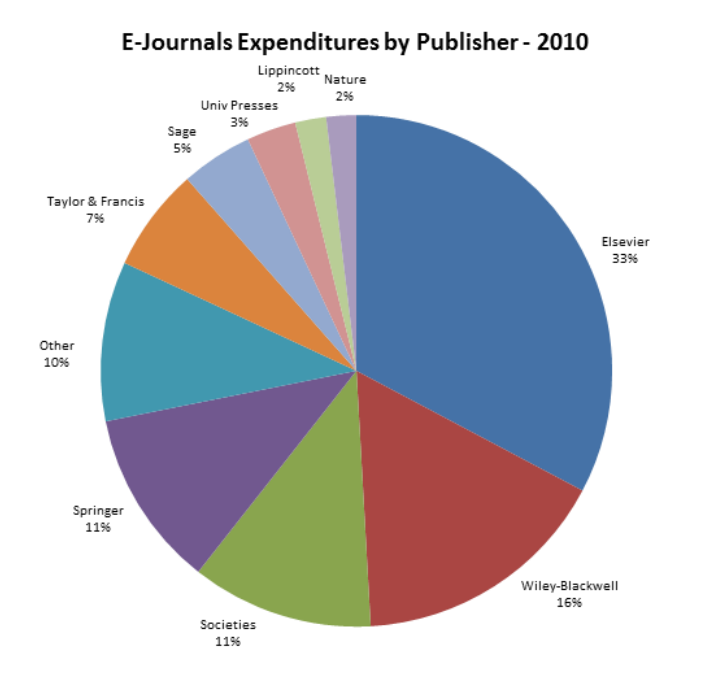The University of California, San Francisco (UCSF), faculty senate voted unanimously for an open access policy that requires articles published by its researchers in scholarly journals to be made publicly available in electronic form. UCSF thus joins Harvard, Duke, Kansas and a number of other institutions in mandating such access. See the article by Michael Kelley in Library Journal and the May 23rd statement from UCSF.
As reported in the UCSF statement: “Our primary motivation is to make our research available to anyone who is interested in it, whether they are members of the general public or scientists without costly subscriptions to journals,” said Richard A. Schneider, PhD, chair of the UCSF Academic Senate Committee on Library and Scholarly Communication, who spearheaded the initiative at UCSF. “The decision is a huge step forward in eliminating barriers to scientific research,” he said. “By opening the currently closed system, this policy will fuel innovation and discovery, and give the taxpaying public free access to oversee their investments in research.”


